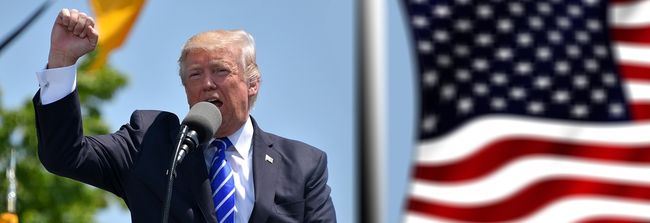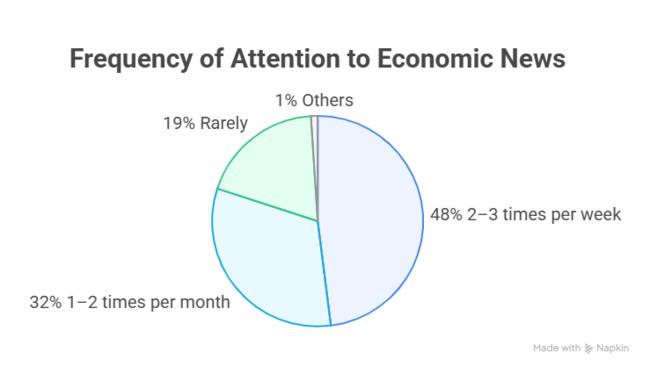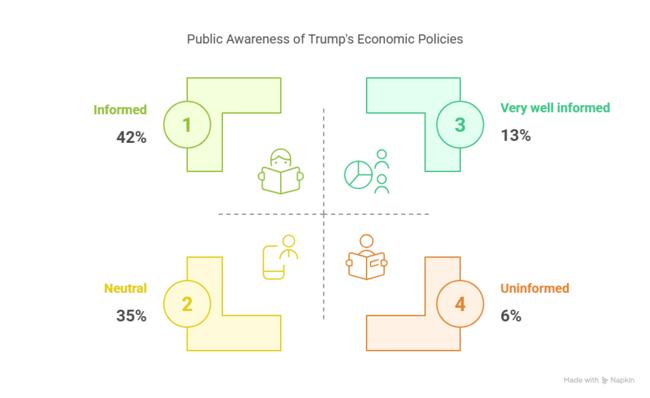
On 20 January 2025, Donald Trump was elected as the 47th President of the US. The Democratic Party was replaced by the Republican Party, and he returned to the White House after four years out of office. As a result, The CHIPS Act, IRA and climate-friendly initiatives that former President Biden carried out have been changed by Trump, causing a huge impact on the whole world. Specifically, he thought that American corporations had become weak because of popular foreign products, and free trade reduced the number of job opportunities in the US.
Moreover, the Trump 2.0 administration declares not only the introduction of universal tariffs, the law of Trump mutual trade, and the increased tariffs on China, but also a 25% customs levy on all steel and aluminum imports. In particular, he imposed an additional 10% of customs duty on Chinese products. China, and allies like Korea, can’t avoid this situation. From continuous inflation to jobs depending on exports, Korea has been confused. According to a survey about the interest in the domestic economy and trade of university students, they watch news about the economy and trade at least 2 to 3 times a week but half of the students were aware of Trump’s tariff policy.


President Trump’s protectionism and tariff policy can damage the Global Value Chain (GVC) as well as extend a global trade war from the retaliation of other countries. As soon as the announced 25% customs came into effect, the EU said that it would impose about €26 billion retaliatory tariff on American imports. In the past, when the first Trump Administration declared a 25% customs levy on European steel and aluminum imports, the EU introduced a retaliatory tariff in 2018 and 2020. However, this was delayed through the negotiation with the US until the end of March this year. Since then, on imposing the customs duty to Europe again, the delayed retaliatory tariff was also reinstated.
Additionally, if the trading partner nation that received the tariff accepted the US’ requests, the tariff would be delayed. For example, to avoid the 25% customs, Canada and Mexico placed about 10,000 defense forces on the border area to block drug trafficking. In response, the US immediately postponed the tariff for 30 days. Colombia also decided to accept illegal immigrants deported from the US. Likewise, we can surmise that President Trump’s tariff policy is used to protect trade as well as a way of obtaining what he wants.
The domestic industries expected to suffer the most from the tariff policies of the Trump 2.0 administration are the semiconductor and automobile sectors. The semiconductor industry holds a crucial position in South Korea’s economy, with major companies such as Samsung Electronics and SK Hynix leading the field. While the Biden administration encouraged foreign semiconductor firms to establish factories in the U.S. by providing subsidies worth hundreds of billions of dollars, Trump’s administration is taking a different approach by increasing tariffs on imports and pressuring companies to manufacture within the U.S. Currently, South Korea’s semiconductor, display, and automobile industries heavily rely on exports to China. As Trump has declared an additional 10% tariff on Chinese imports, South Korea’s exports to China will inevitably suffer. In particular, the automobile sector has long been a major driver of exports, earning 60% of its total revenue from sales to the U.S. However, if Trump imposes a universal 10% tariff on all imported goods, along with a carbon tax, the price competitiveness of South Korean automobiles in the U.S. market will decline sharply.
However, some industries might gain from Trump’s re-election. One such industry is shipbuilding. South Korea’s shipbuilding field has top-level skills, while the U.S. shipbuilding industry has weakened a lot. Trump, keeping his strong stance against China, has suggested using ships made by friendly countries instead of cheaper Chinese ones. After he won, he even said he wanted to include friendly countries in building navy ships. Also, Trump’s changes to environmental rules and his focus on fossil fuels are expected to increase U.S. oil and liquified natural gas (LNG) sales. Since South Korea is very good at manufacturing LNG ships, its shipbuilding industry will probably benefit. The construction business could also find new opportunities. Trump wants to quickly stop the Russia-Ukraine war to prevent a rise in U.S. national debt. If the war stops soon, rebuilding destroyed areas will become important, giving South Korean construction companies more work.
Trump’s tariff policies have already caused turmoil in the global economy, triggering high inflation, high interest rates, and a strong dollar, all of which inevitably harm export-driven economies like South Korea. However, industries are divided—some suffer losses while others stand to gain.
Trump uses tariffs as a negotiation tool, adjusting policies based on strategic advantages. This reduces predictability, making it harder for businesses to plan for the future. As South Korea faces Trump’s leadership once again, it is now more important than ever to closely monitor his political maneuvers and global economic trends. This is equally crucial for university students preparing to take on the future economy.
82nd Cub Reporter • LEE JEONG MIN • agaoo1@naver.com
82nd Cub Reporter • KIM JI YUL • jiyulkim815@naver.com









